Chest Pains | Abdominal Pains
When to see the Doctor for Chest Pain
In the cardiovascular world, time is muscle. If you’re experiencing chest pain, call your doctor, but if you think you are having a heart attack, call 911 immediately.
Chest Pain
It’s easy to assume any sort of chest pain must mean you’re having a heart attack. But the truth is, there can be many possible causes for your chest pain that are unrelated to your heart. For example, chest pain may also be caused by problems in your muscles, nerves, lungs or ribs. Some—but not all—of these conditions can be serious and life-threatening. If you’re not sure why you have chest pain, visit a Riverview Health Emergency Room & Urgent Care location to have it checked out.
Chest pain includes anywhere from your neck to your upper abdomen and can feel:
- Aching
- Burning
- Dull
- Sharp
- Stabbing
- Tight, crushing or squeezing
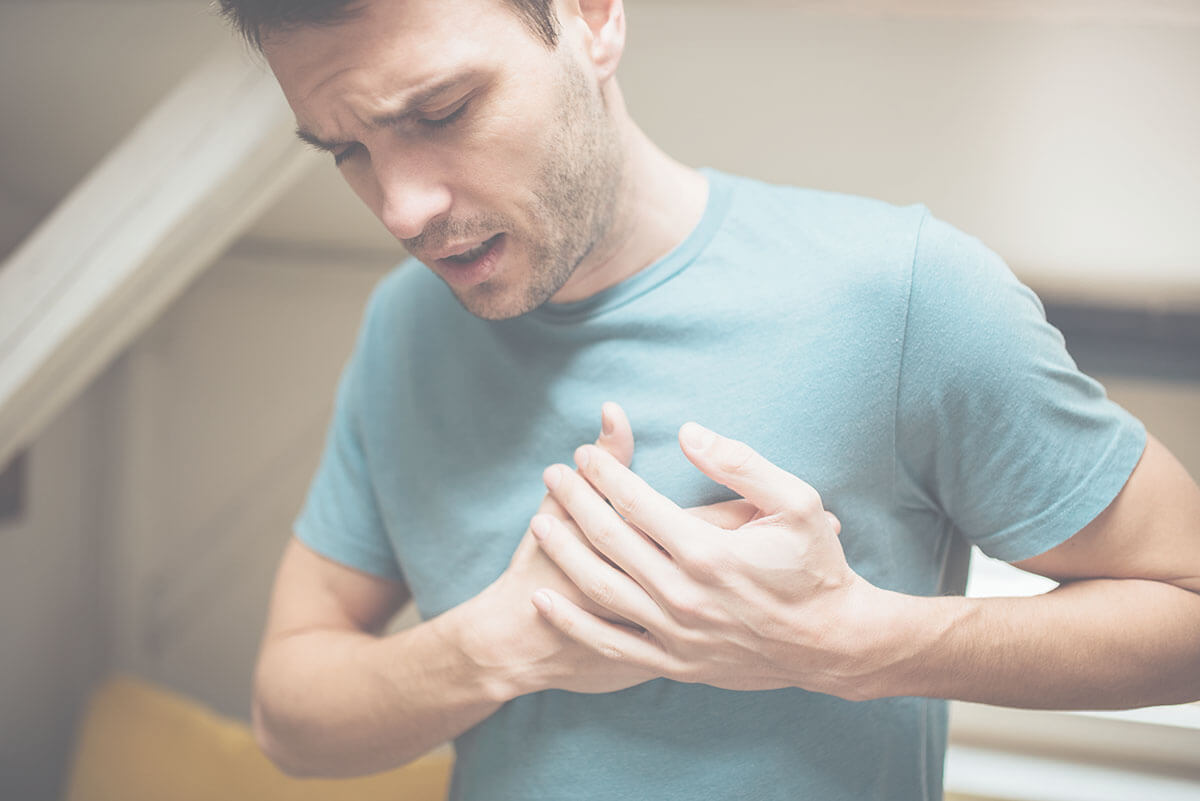
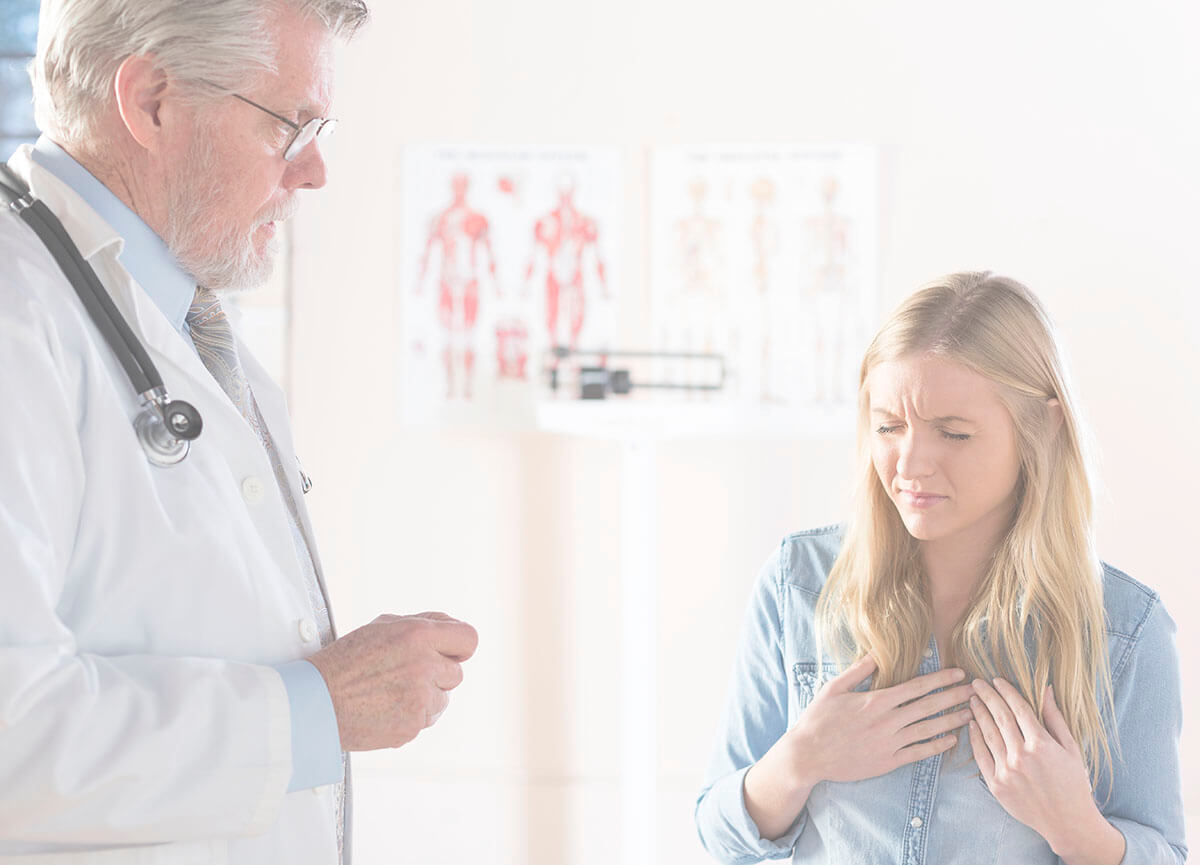
Call 911 if you have any of these symptoms along with chest pain:
- A sudden feeling of pressure, tightness, squeezing or crushing under your breastbone
- Chest pain that spreads to your jaw, back or left arm
- Dizziness, nausea, rapid heart rate or rapid breathing, excessive sweating, confusion or ashen color
- Sudden sharp chest pain with shortness of breath, especially after a long period of inactivity
- Very low heart rate or blood pressure
Call your doctor if you have any of these symptoms:
- Fever, chills or coughing up yellow-green mucus
- Problems swallowing
- Severe chest pain that does not go away
Abdominal Pain
With so many organs in your abdomen, it can be difficult to find the cause of pain or problems on your own. To add to the confusion, minor and serious abdominal problems can begin with the same symptoms. Luckily, home treatment is all you need for many abdominal problems. However, if pain persists and is severe, you should seek medical attention. If you are experiencing pain, the location, severity and other symptoms can help determine the cause.
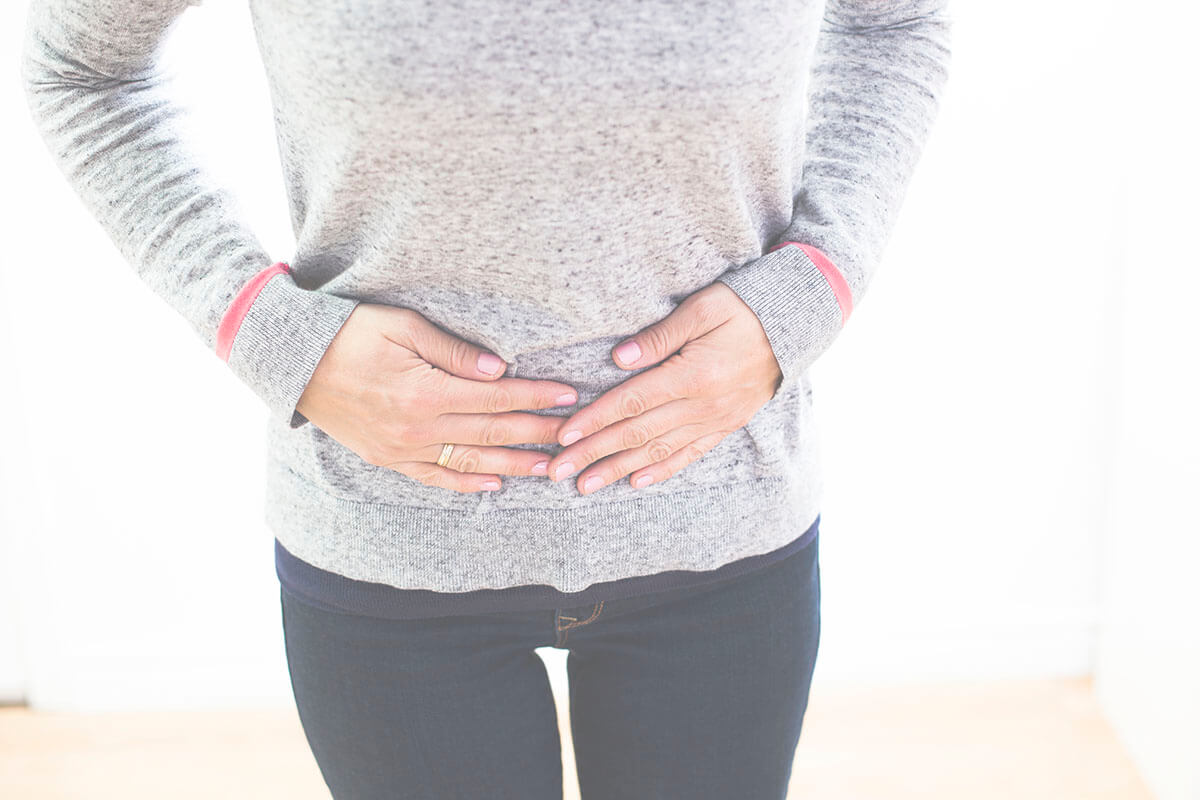
Cramping
This is a type of pain that comes and goes or changes in position or severity. Cramping can sometimes be relieved by passing gas or stool. General cramping shouldn’t cause concern unless it gets worse or lasts for longer than 24 hours. Cramping that starts suddenly with diarrhea can be quite painful but is usually not serious.
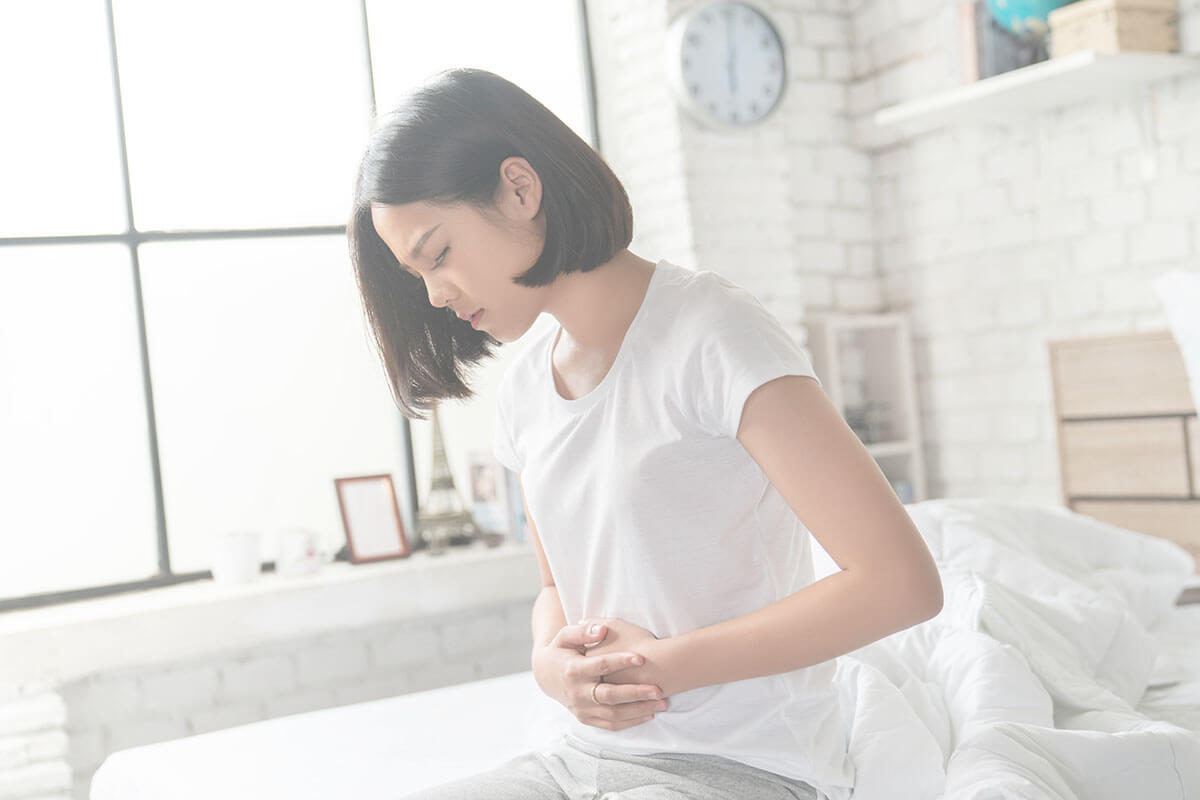
Generalized Pain
This can occur with a variety of illnesses and will usually resolve without medical treatment. Indigestion and an upset stomach are common problems that can cause generalized pain. Home treatment may help relieve some of the discomfort. Generalized mild pain or crampy pain that becomes more severe over several hours may be a symptom of a blockage of the intestines.
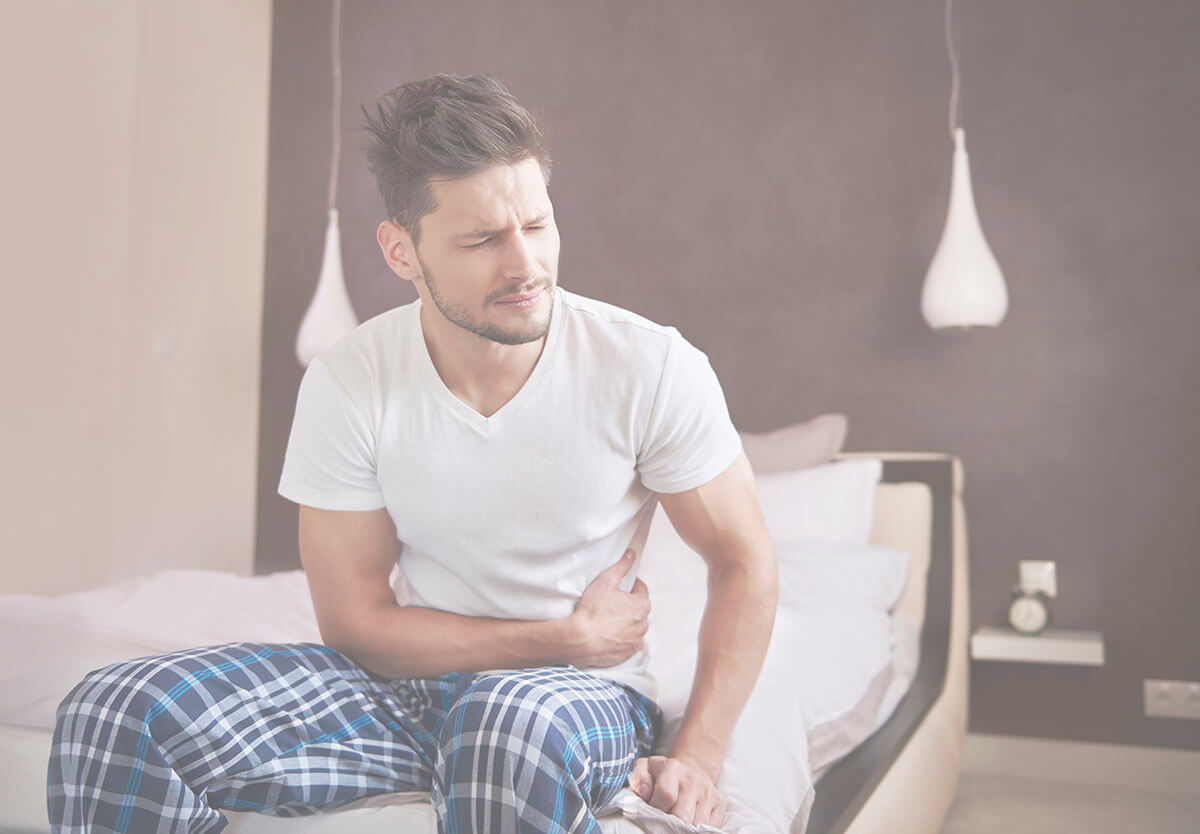
Localized Pain
This means your pain is located in only one area of your abdomen. It’s more likely to be a serious problem if you have localized pain that comes on suddenly and gets worse. For example, appendicitis may start as generalized pain, but it often moves to one area of your abdomen. Also, the pain from gallbladder disease or a peptic ulcer often starts in one area of the abdomen and doesn’t move. If you have localized pain that becomes more severe, you may have inflammation of an abdominal organ.
Sometimes severe pain that comes on suddenly may be a symptom of a blood vessel problem or a rupture of the stomach or intestines. Appendicitis or gallbladder disease pain may get worse when you move or cough. Pain that worsens with movement or coughing but doesn’t seem to be caused by strained muscles is more likely to be a symptom of a serious problem.